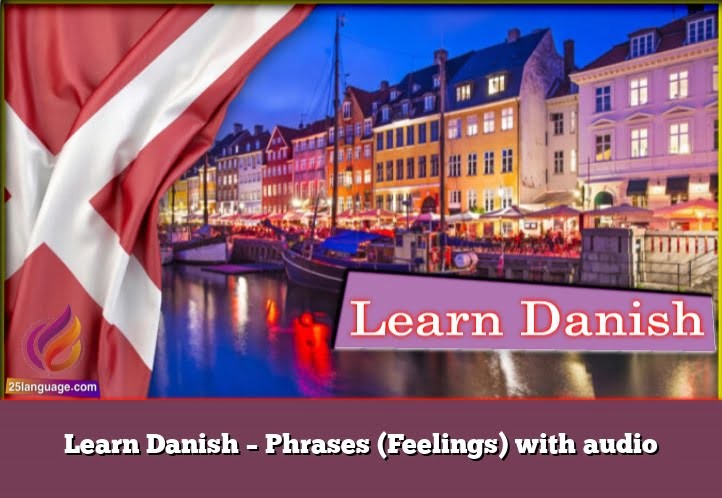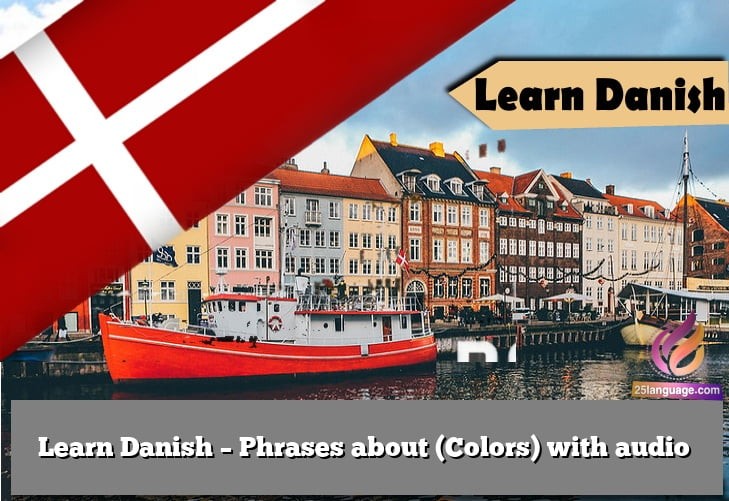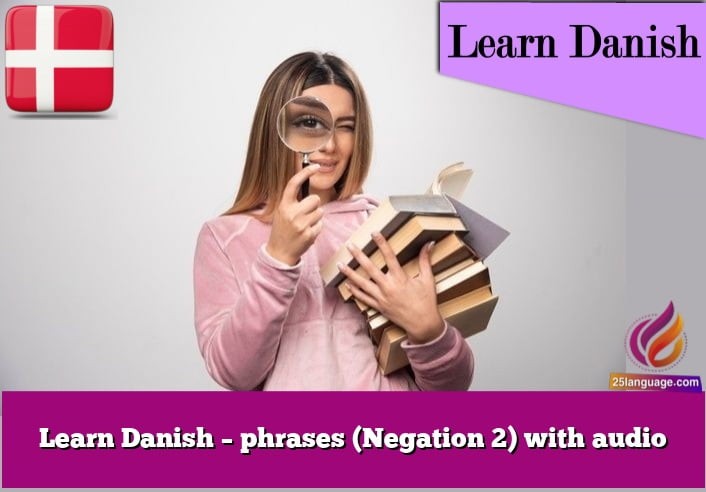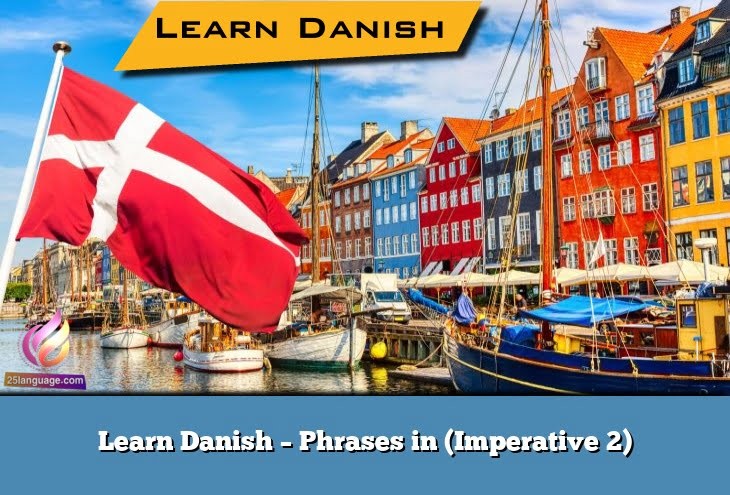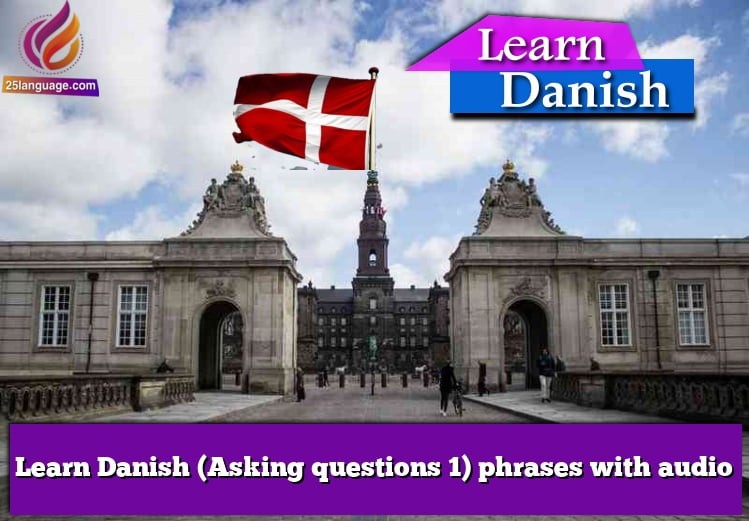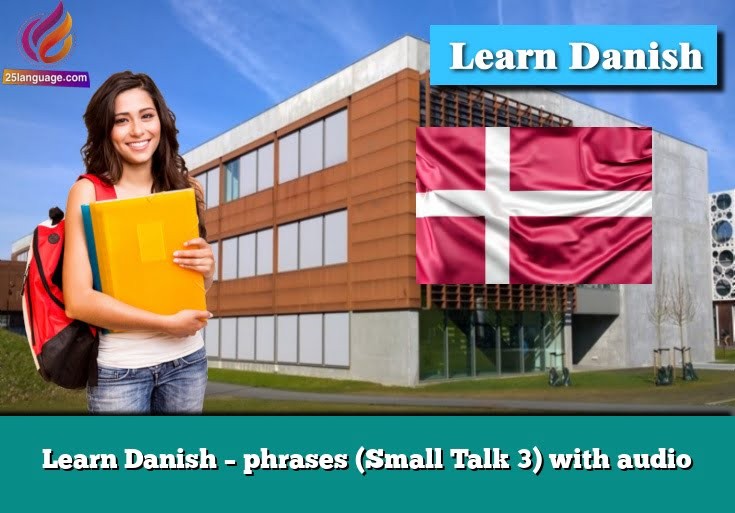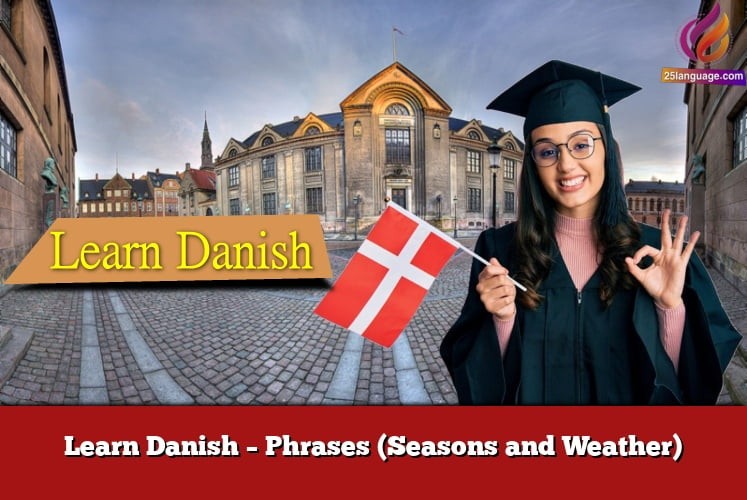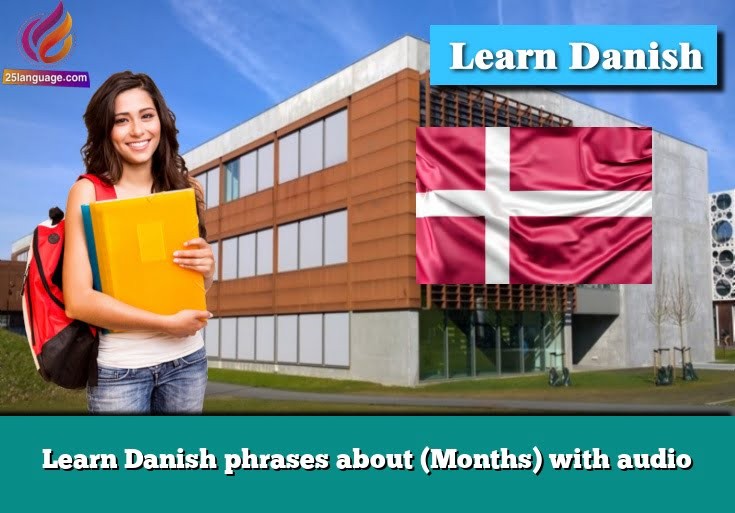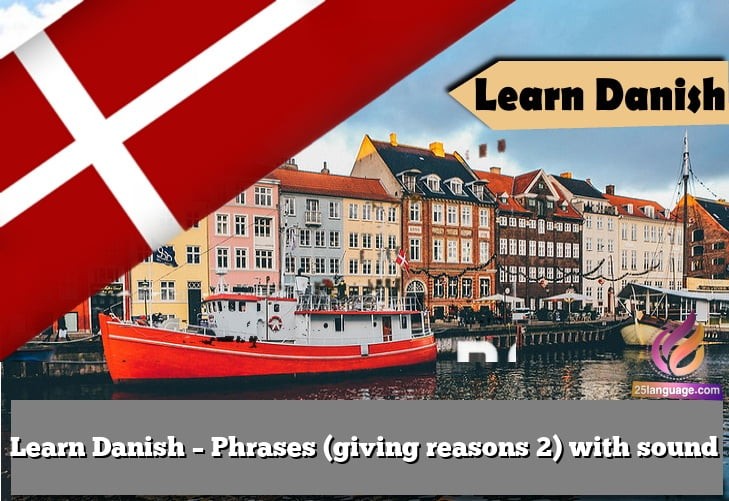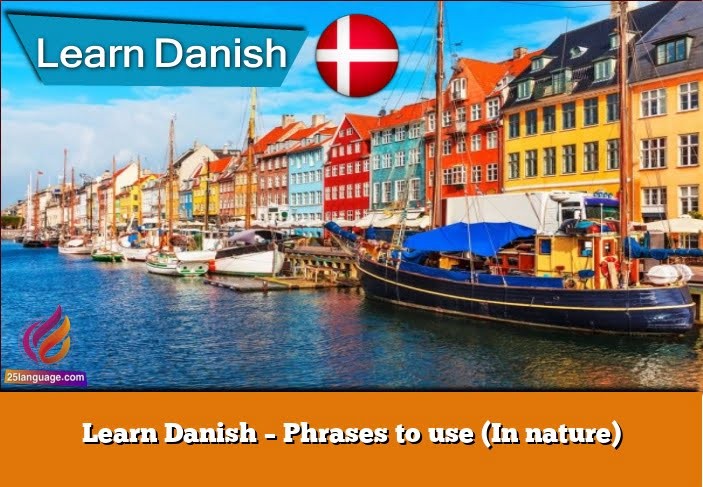Past tense of modal verbs in Danish
(Past tense of modal verbs 1)

Learning the past tense of modal verbs in Danish is important for effective communication in the language. Modal verbs are essential in expressing various meanings and attitudes such as ability, possibility, permission, obligation, and intention, among others. The past tense of modal verbs allows you to talk about actions or events that happened in the past, and it is crucial for conveying accurate and precise meaning in Danish.
| Danish | English |
|---|---|
| Jeg kunne ikke komme til festen. | I couldn’t come to the party. |
| [responsivevoice voice="Danish Female" rate="0.8" buttontext="►"]Han ville ikke hjælpe mig. | He wouldn’t help me. |
| Vi skulle mødes kl. 10. | We were supposed to meet at 10. |
| Hun kunne ikke lide maden. | She didn’t like the food. |
| De ville ikke tale med ham. | They wouldn’t talk to him. |
| Jeg skulle til lægen i går. | I had to go to the doctor yesterday. |
| Han kunne ikke huske sit telefonnummer. | He couldn’t remember his phone number. |
| Vi ville gerne have en kop kaffe. | We would like to have a cup of coffee. |
| Hun skulle tage en vigtig beslutning. | She had to make an important decision. |
| De kunne ikke finde vej til hotellet. | They couldn’t find their way to the hotel. |
| Jeg ville ikke have mere kage. | I wouldn’t have any more cake. |
| Han skulle til eksamen i dag. | He had an exam today. |
| Vi kunne ikke tro vores øjne. | We couldn’t believe our eyes. |
| Hun ville ikke forstyrres i sit arbejde. | She didn’t want to be disturbed in her work. |
| De skulle møde deres venner senere på aftenen. | They had to meet their friends later in the evening. |
| Jeg kunne godt lide filmen. | I liked the movie. |
| Han ville gerne have et glas vand. | He would like to have a glass of water. |
| Vi skulle løbe 5 km i går. | We had to run 5 km yesterday. |
| Hun kunne ikke sove hele natten. | She couldn’t sleep all night. |
| De ville ikke gå glip af koncerten. | They wouldn’t miss the concert. |
